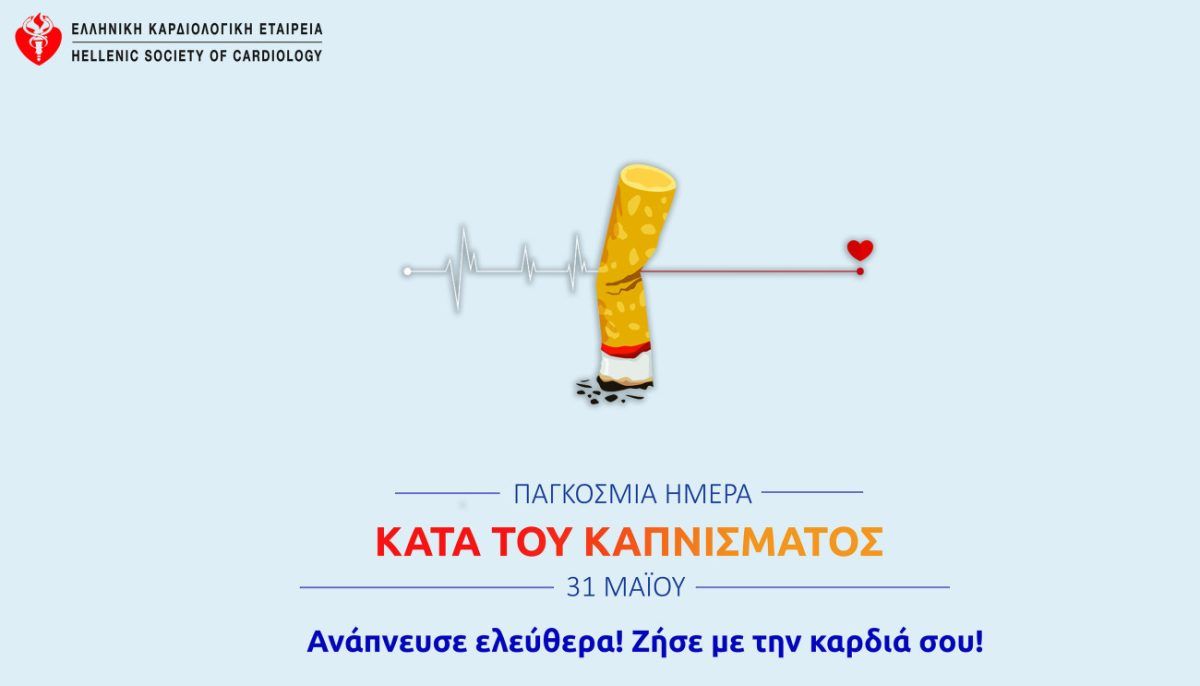Burnout: a lot of work, little money, uncertain future

« Work, work, work, like Rihanna, » Lex wrote – and in the end it wasn’t just a verse. It was the imprinting of a harsh truth. For many new workers in Greece, especially those who belong to the generations of ‘z’ and ‘millennials’, professional exhaustion is not theory. It’s a daily experience. You wake up and you already feel tired. You give more than you have, because there is no room to stop.
Many grew up with the idea that if you love your job, you will not feel it as a weight. In practice, however, the work has been converted into an exhaustion machine: with low wages, endless hours and pressure for continuous performance – either in a hospital or in a classroom or in a Pouf office and slogans on the walls.
Burnout does not discriminate. He hits people with enthusiasm and qualifications and makes them feel inadequate.
Fatigue becomes guilty and exhaustion of character weakness. And always the same phrase: « It’s the market like that. » But a market with rents, accuracy everywhere and salaries that do not reach.
Young people are working more than ever today, but, unlike previous (post -war) generations, they do not know if they will have a home, whether they will support a family, if they can put aside a euro. The feeling of frustration is exacerbated and wear is normal.
The toughest workers
According to Eurostat official data (May 2025), employees in Greece « write » most of the real weekly working hours in the EU. While the European average is officially 36 hours in Greece, it reaches 39.8. The deviation becomes even more intense mainly in areas such as agriculture, mining and constructions, where working hours exceed even 41 weekly.
INE GSEE Research (Oct. – No. 2023) records a rather generalized phenomenon: 52% of workers say they work beyond their contractual obligation, while 66% of men and 63% of women are not paid or paid partially for overtime.
In areas such as education, health, focus and computer science, rates exceed 75%.
Work on weekends, night shifts, timetables without warning and work in ‘leisure’ show a systematic deregulation. Moreover, 25% say they work in their personal time to meet the requirements.
Work in Greece is increasingly linked to intensification and unequal treatment. People aged 30-40 years work most of the time, often unpaid, without personal time. Etui’s study shows, in fact, that 25-34 year old workers are the most exposed to the risk of Burnout.
The usually low quality of the work environment and lack of protection lead to daily exhaustion.
As Andreas Stimenidis, Vice President of the European Organization for Safety and Health at Work and Health and Safety Secretary at the GSEE, notes, « the need for institutional protection and recognition of psychosocial risks at work is not only urgent.
It is a condition of survival. » And he adds: « Statistics at national and European level confirm what we live in: Burnout dominates the work environment in Greece, making our country a negative protagonist in another field of work. »
The invisible ‘epidemic’
Professional exhaustion is not just about Greece. According to ETUI, about 10,000 people in Europe die annually due to work pressure: 6,190 from cardiovascular disease and 4,843 from suicides directly or indirectly related to work.
Women are particularly affected by precision and harassment.
Stomenidis stresses that « Burnout is legally imposed by the government », referring to Hatzidakis and Georgiadis laws that allow 13 -hour work, unpaid overtime, six -day and zero contracts, while restricting collective bargaining. These conditions are wages and pushing thousands of workers to a second or even a third job.
There are even reports of workers even in uniform bodies that are forced to employ as distributors.
Despite the shortcomings in basic sectors – 80,000 in tourism, 50,000 in construction and so many others in Georgia – the « market » continues to operate with fewer people, who are called upon to fill 2 and 3 positions at the same time, often underlying and exhausted. As a consequence, Burnout threatens not only health, but also social cohesion and infertility, and undoubtedly intensifies immigration and so-called « brain-drain », especially at ages 30-40.
It is noted that ETUC has asked the Commission immediate directive on psychosocial risks at work, recognizing the need to equate mental and physical health. The European Commission has already set up a law-making team (March 2025), while EU OSHA dedicates its campaign for the period 2026-28 to work in the workplace.
A daily life without limits
Speaking to the « NEWS », three employees aged 30-35-a NHS nurse, a deputy teacher and a private sector employee-describe how they are experiencing professional exhaustion.
Despite the differences, their narratives converge on the same experience: in a daily life without limits, respite and – the most excruciating – perspective. Apart from fatigue, behind each description there is the same common feeling: a deep cancellation. That the effort is not enough. That work, no matter how much you give, doesn’t go anywhere.
‘There’s nothing left to give’
AS, 32 years old, nurse in a public hospital in Athens, works in constantly under -staffed shifts, under aggravating conditions, physically and mentally. « There are days when I go to 3 and go back to 11th.
And this is normal. » The on -calls, he says, « look like a war zone ». Everything is done automatically. « It’s not that patients don’t care. It’s that I can’t feel. «
Distribution becomes defense. « There is nothing left to give. Not because I don’t want to, but because I don’t have it. » The mental weight is not recognized. « As if saying ‘tired’ means you don’t do this job. I don’t want to be called a hero. I want to work without fear of being wrong because I can’t stand it anymore. «
‘I live in constant insecurity’
NK, 34 years old, deputy teacher in a public school, starts every year from scratch, without stability or perspective. « I live in constant insecurity. I can’t plan anything, not even the basics. «
The system covers fixed needs with temporary solutions. « You get into the classroom and they are waiting to work as if you are there months. There is no support, there is no time. » Wearing is constant. « I’ve stopped saying I’m tired. Who to hear you? In the end you are withdrawing. You do the basics and leave. «
« The salary is not even for the basics »
EX, 35, works in a marketing department of a large private company. « It is supposed to be ‘creative’ work. In practice, however, you are just catching up with what you are loading. » Pressure never stops: projects, meetings, e-mails on the weekend.
« My salary is not even enough for the basics. And to want to leave, you are scared. All ads seek 5 years of experience for 700 euros. » And gender inequalities insist: « I have seen men with the same or less experience being paid more. And while you keep time limits and support entire campaigns, it’s not uncommon to call you a « little girl ». A word that carries a devaluation. » The exhaustion becomes a treaty.
« I never rest. And yet I feel I don’t do enough. Everything must be done « now », « perfect », « at no cost ». She explains that « what dissolves you is not the pressure. Is that there is no brake. And you can’t say « I can’t stand it ».
When you are constantly giving more without a response
Burnout is not just fatigue. It is the gradual mental, physical and emotional exhaustion that arises when you are constantly giving more than you have – without response, without support, without meaning.
Behind every story lies the same feeling: no matter how much you try, it doesn’t reach. And, most importantly, it makes no sense. This side of the exhaustion is described in the « NANS » by the Doctor of Clinical Psychology, Nancy Papathanasiou.
« Burnout is the loss of meaning. When your job does not work, it does not « get a place », then your mental endurance collapses. » The wear, he explains, does not come because you are not interested. The opposite. « You gave more than you had.
And when there is no response, you can’t continue. » Occupations based on relationship – such as medicine or education – are particularly vulnerable. When the other ceases to be a person and becomes a « incident », the disconnection begins.
« Seeing meaning in what you do is all that keeps you upright. When this is lost, the endurance is lost. » On the contrary, in some manual jobs, there is at least one tangible result. « A builder can see a finished house in front of him. As exhaustive as his job is, something is left behind. «
The system is wrong
More and more workers feel that they live only to work, without perspective. « Young people no longer have the expectation that the job will do them somewhere better. At best, they just won’t have debt. «
The individual management of Burnout is not enough. « If we say to the employee ‘find ways to endure’, we are loading responsibility for a system that destroys him. It’s like telling him: the system is wrong, but don’t collapse. «
And the worst? Often there is not even a tangible effect. « The only ‘product’ is an impersonal profit. You don’t see what you do.
There is no response. And that is not enough to keep up. » When care is absent – infrastructure, time, fair pay, respect – exhaustion is not a weakness. It is a reasonable reaction to a deadlock.
« We cannot ask people to constantly overcome themselves to maintain a system that gives them nothing back. »





/s3/static.nrc.nl/images/gn4/data133009942-8ac92b.jpg)


